

That definitely changes things. Out of curiosity, I looked up what other movies he directed and produced.
He produced and starred in American Sniper, which was incidentally also kind of a political disaster. The nose prosthetic reminds me of the American Sniper fake baby hilarity. Bradley put the blame on the director, but the director makes it sound like it was a monetary and not an artistic choice. That would put the responsibility on the shoulders of the producer.



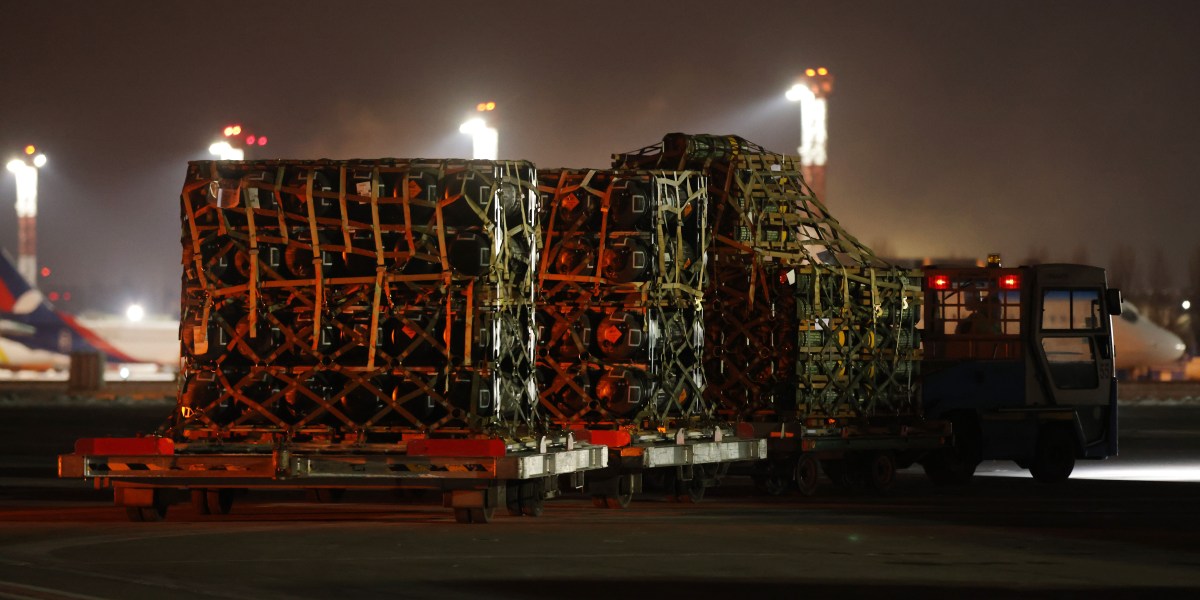

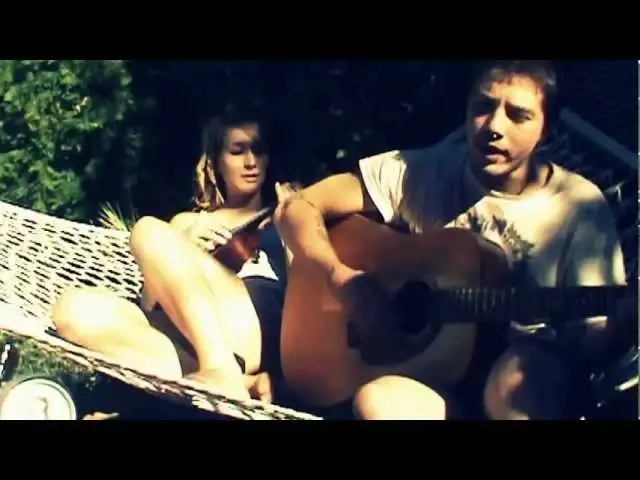

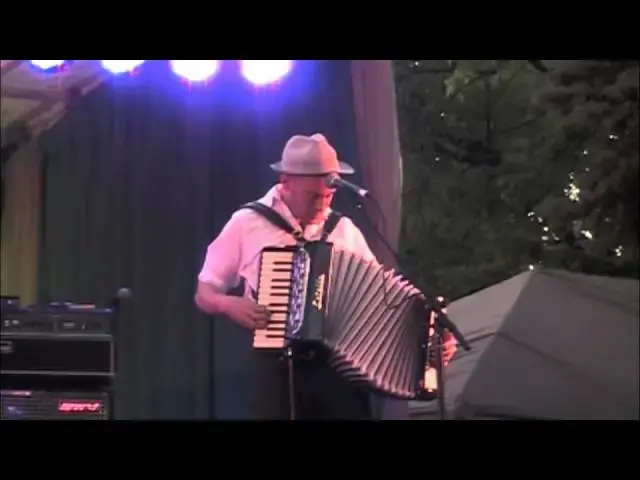

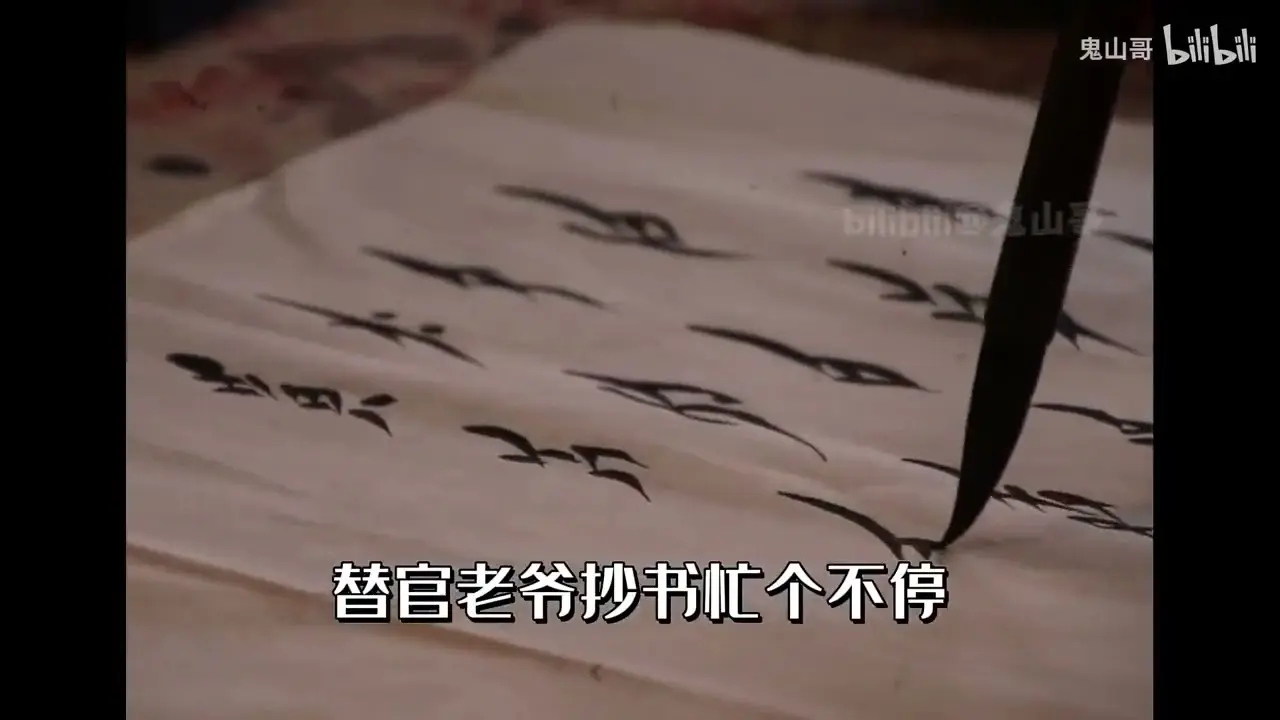


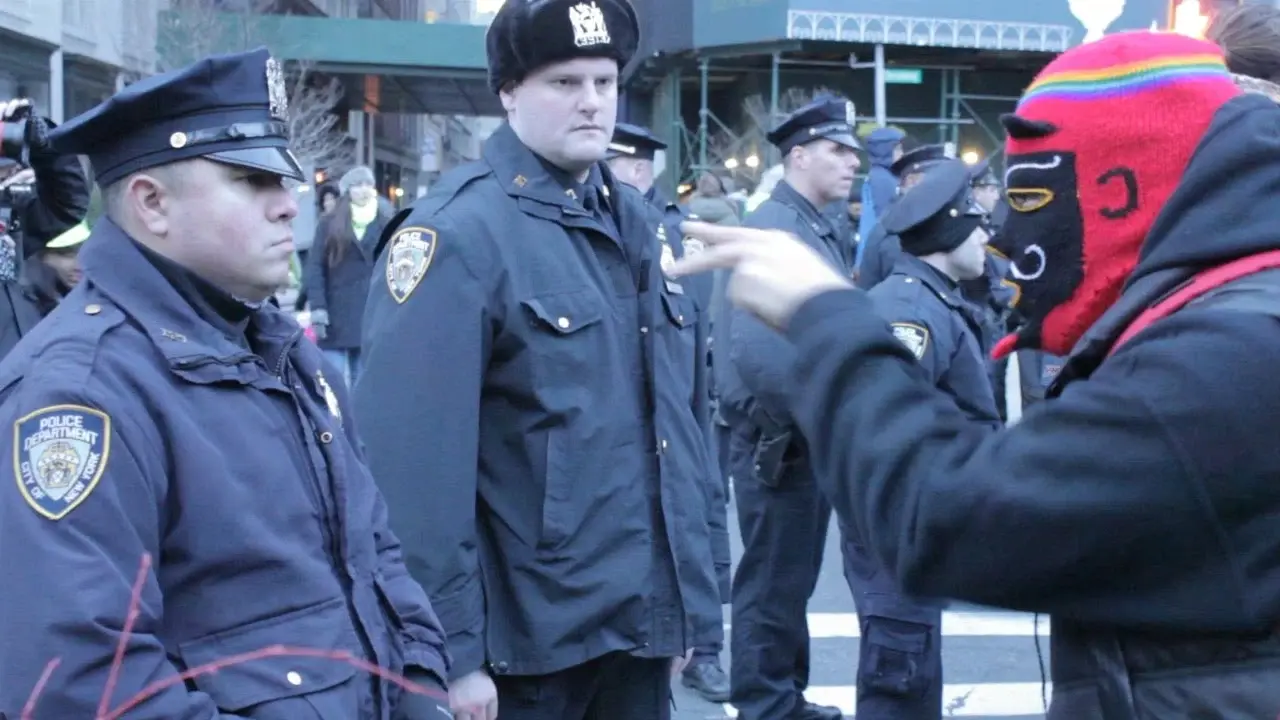
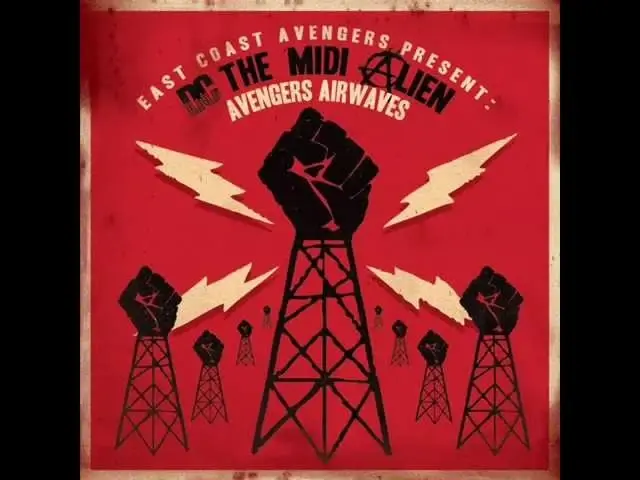
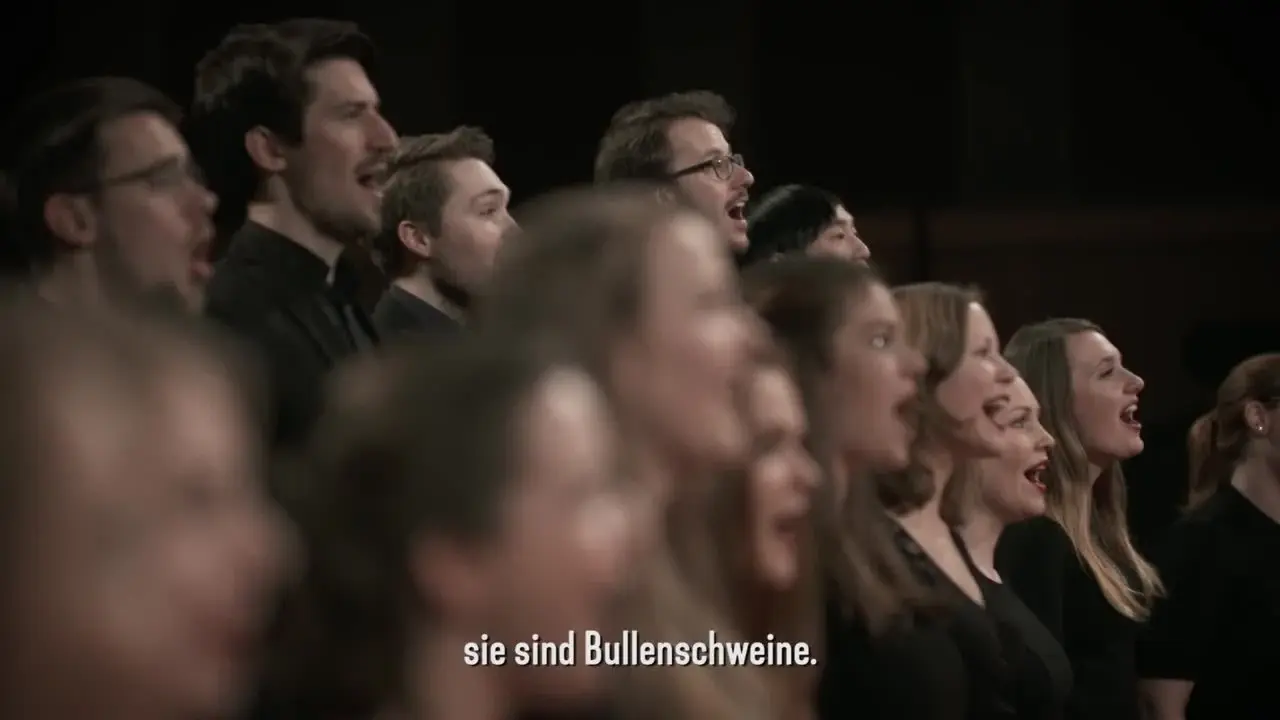
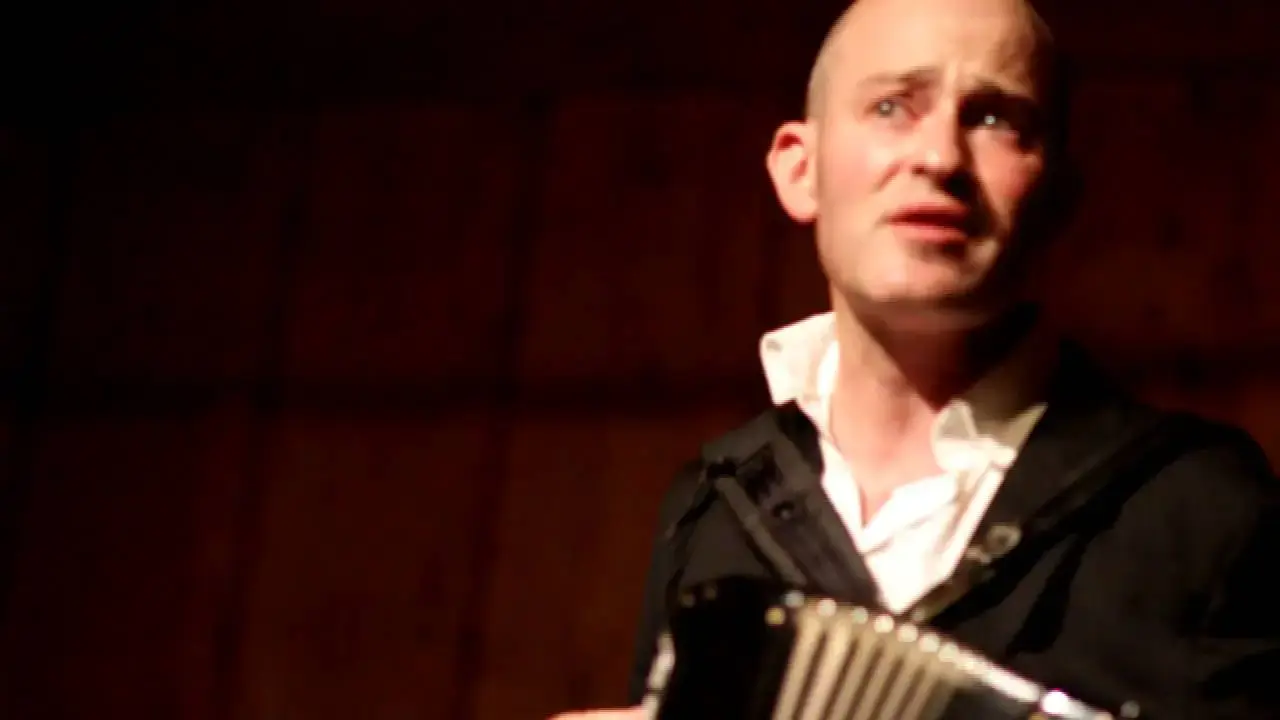

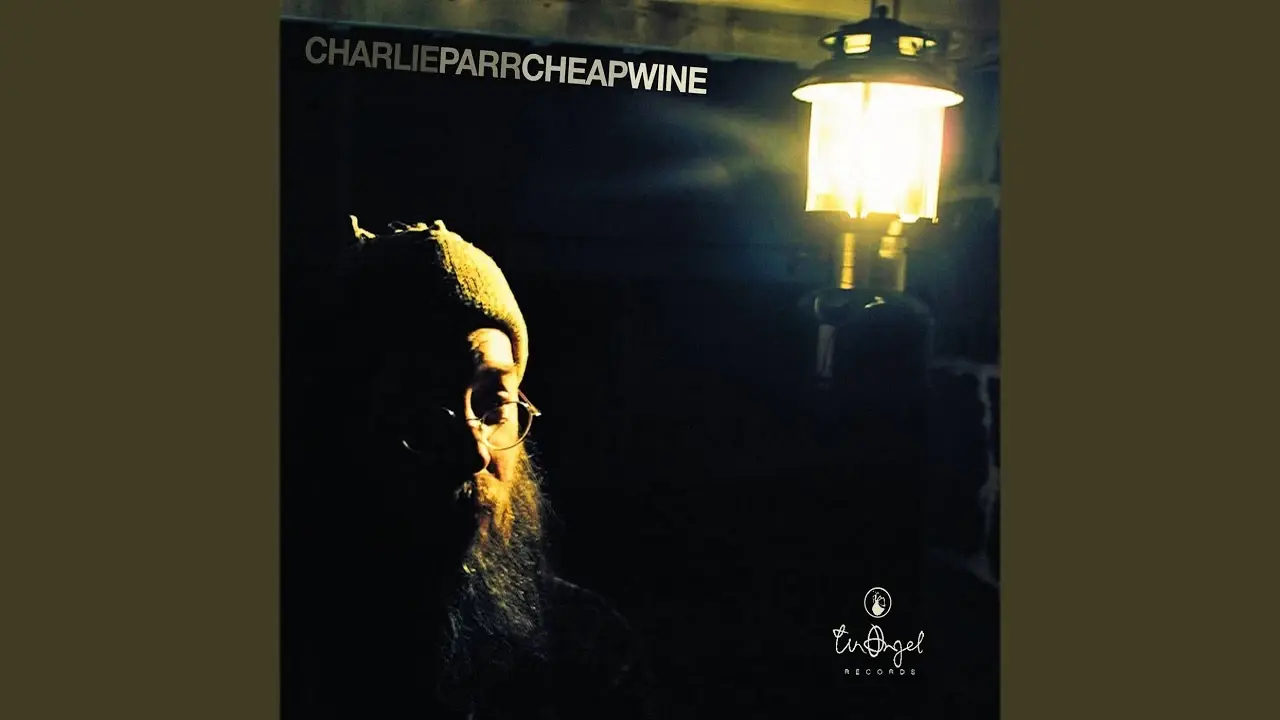
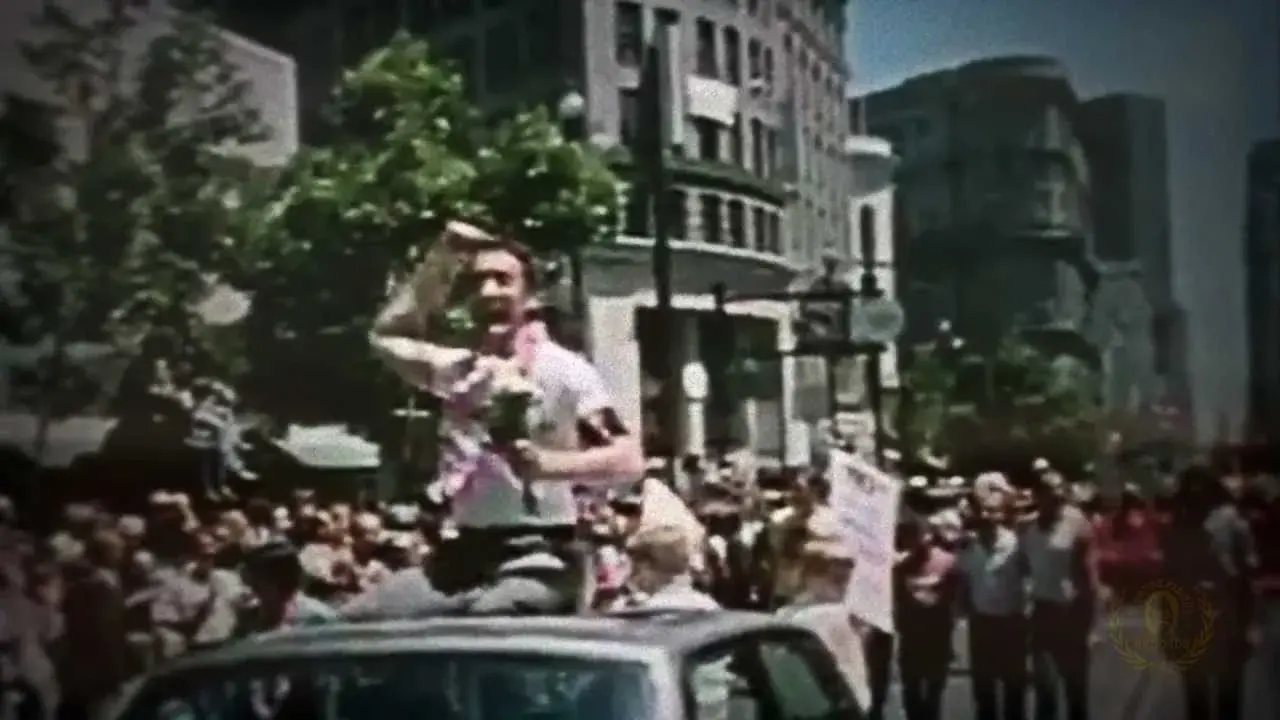
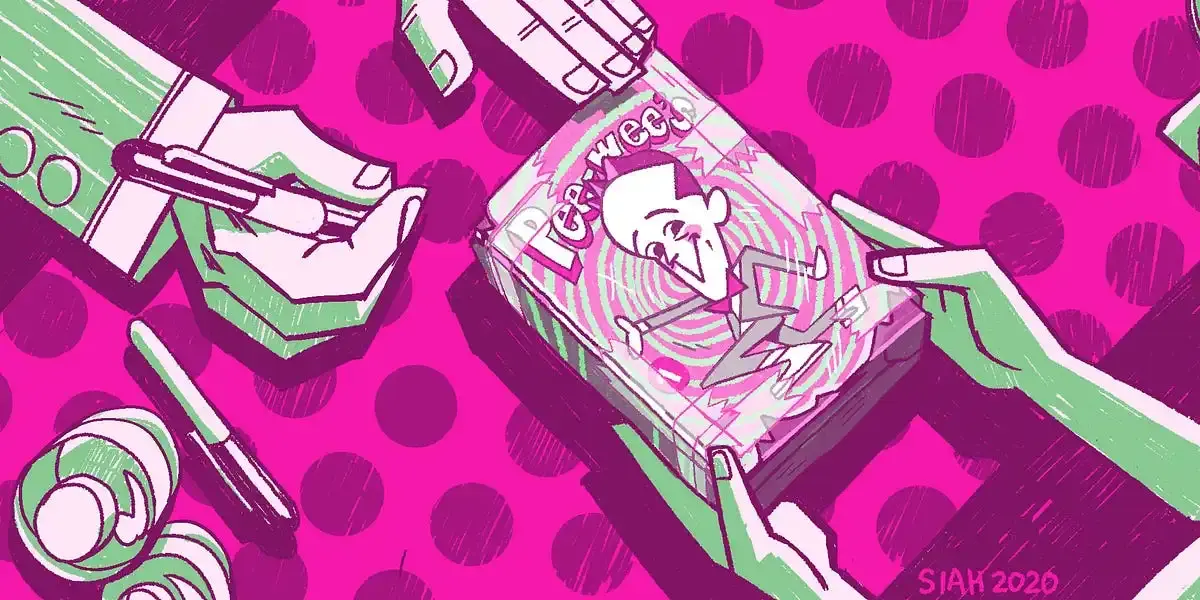
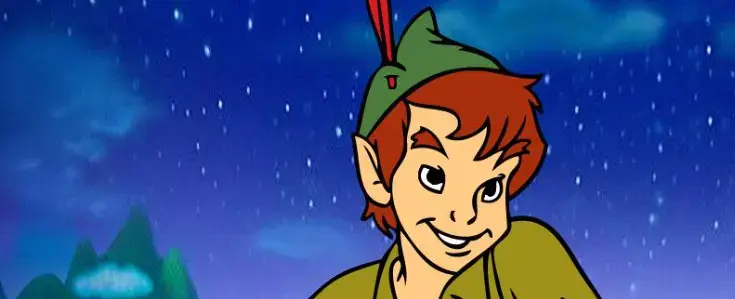
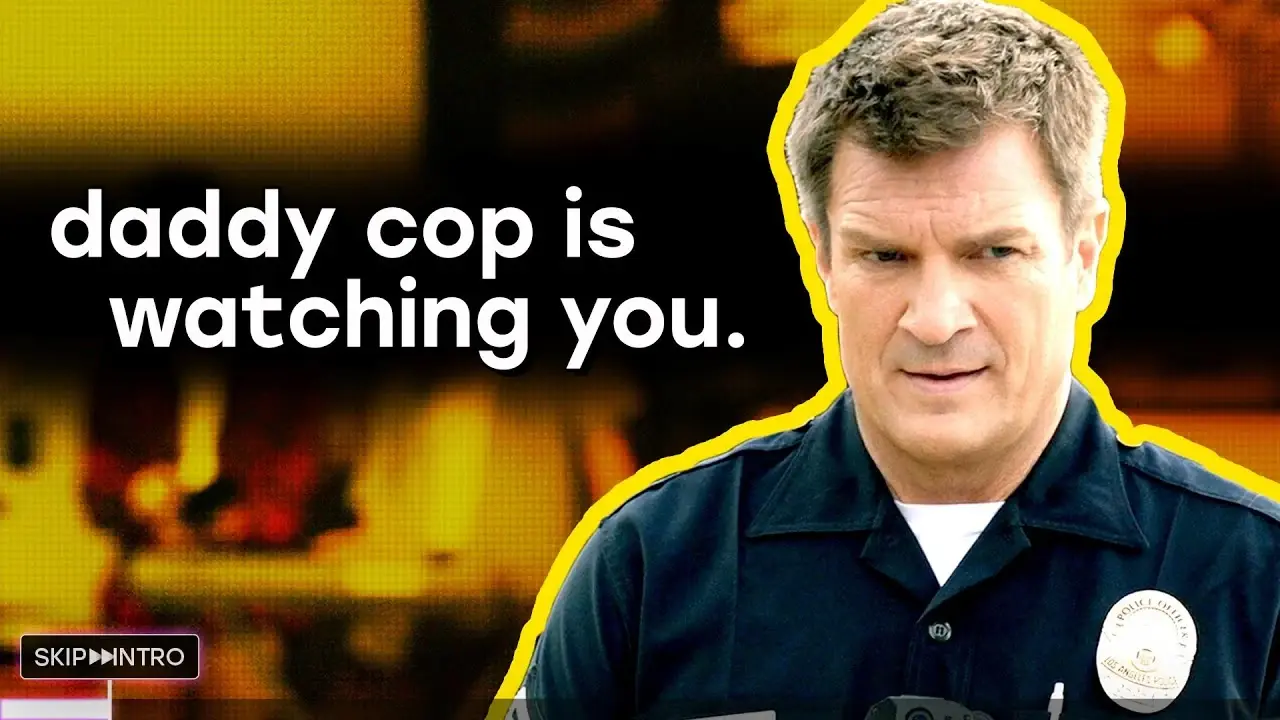
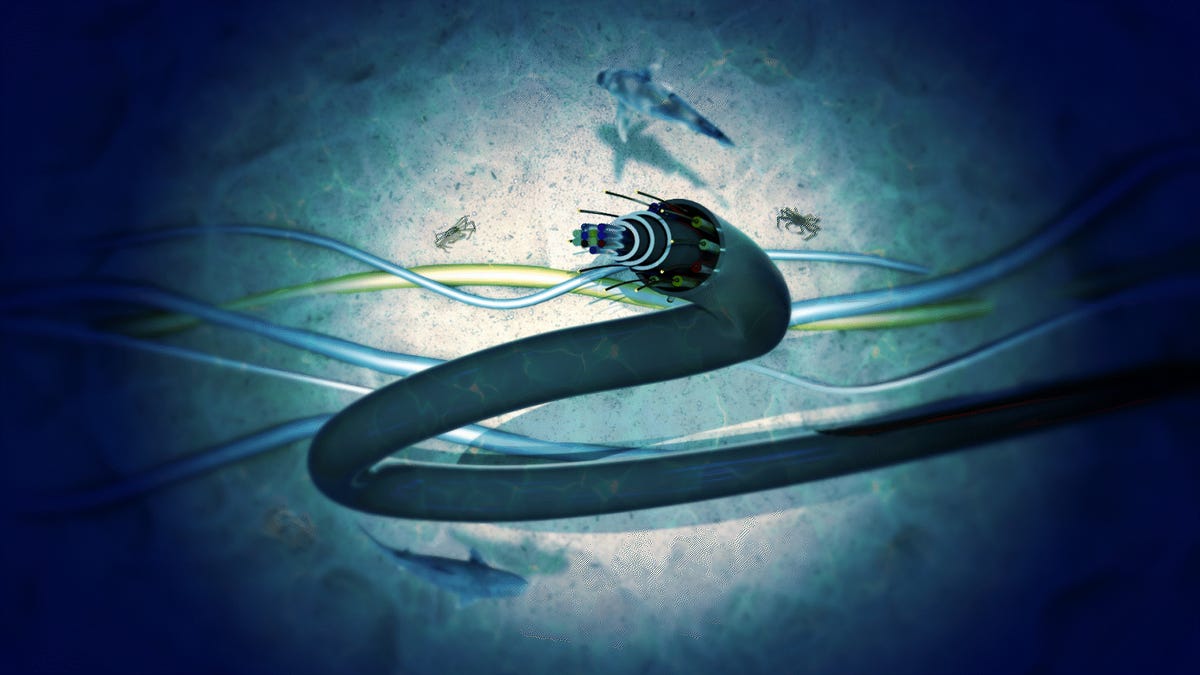

The guy you’re trying to pass the buck to, money_loo, is from a lemmy instance that only has Chicago sports communities and whose front page is mostly federated meme posts. You’re a BeeHaw user. You’ve presumably read and agreed to the Beehaw community documents.
I expect more than anti-intellectualism from you.